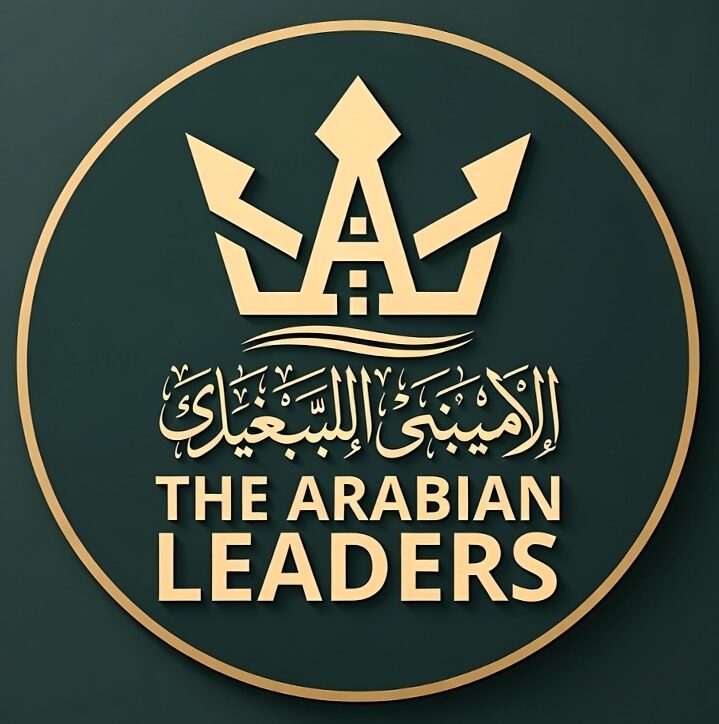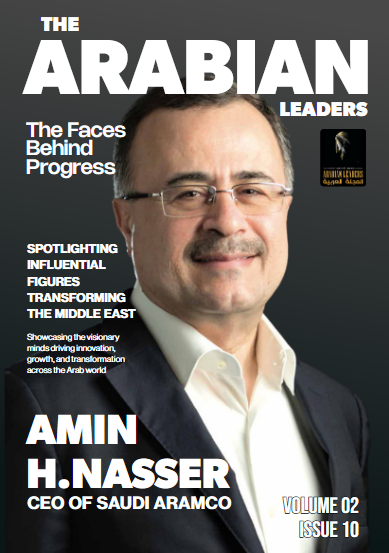Saudi Arabia is no longer a peripheral observer in the world of international motorsports. Under the transformative guidance of Vision 2030, the Kingdom has evolved into a central player, reshaping the motorsport landscape, particularly in Formula 1. One of the most compelling endorsements of this rise came from Mohammed Ben Sulayem, President of the Fédération Internationale de l’Automobile (FIA), who has publicly praised Saudi Arabia’s critical role in shaping the future of Formula 1.
The FIA president’s words were not mere diplomatic compliments. Instead, they reflected the growing influence of the Kingdom as both a host and stakeholder in one of the world’s most elite sporting arenas. Through high-profile races, visionary investments, and infrastructural advancements, Saudi Arabia is using motorsport as a strategic vehicle for economic diversification, international prestige, and generational change.
The Jeddah Corniche Circuit: A Catalyst for Speed and Symbolism
One of the standout achievements in the Kingdom’s motorsport journey is the construction and execution of the Jeddah Corniche Circuit. Positioned alongside the Red Sea’s stunning shoreline, this street circuit made its debut on the Formula 1 calendar in 2021 and has since become an annual highlight for both fans and drivers.
The circuit is not just an engineering marvel—it is a symbol of the Kingdom’s futuristic ambitions. With its high-speed layout and picturesque coastal backdrop, the Jeddah track has helped Saudi Arabia brand itself as a modern, welcoming, and sophisticated destination capable of hosting world-class sporting events.
Ben Sulayem, himself a Middle Eastern motorsport veteran, has consistently lauded the quality of the Jeddah race weekend. “The Saudi Arabian Grand Prix has set new standards in terms of organization, safety, and excitement,” he stated. “It is clear evidence of what can be accomplished when vision meets execution.”
Vision 2030: Racing Beyond Sports
The Saudi Arabian Grand Prix is more than a race; it is a manifestation of the Kingdom’s Vision 2030 blueprint. Spearheaded by Crown Prince Mohammed bin Salman, this national transformation initiative seeks to reduce the Kingdom’s dependence on oil by diversifying its economy through tourism, entertainment, sports, and technology.
Formula 1 fits neatly within this agenda. By hosting races and investing in related industries, Saudi Arabia is not only creating jobs and attracting tourism, but also reshaping how the world views the nation. The Kingdom is leveraging F1 to challenge outdated perceptions, signal openness, and promote cultural exchange.
Mohammed Ben Sulayem recognizes the strategic nature of Saudi Arabia’s motorsport investments. “Formula 1 is a gateway. It opens up a dialogue between cultures and demonstrates that Saudi Arabia is prepared to play a leading role in global sports governance and infrastructure,” he remarked.
Motorsport in the Arab World: Saudi Arabia Leading the Way
While countries like Bahrain and the UAE have hosted Formula 1 races for years, Saudi Arabia’s entry has added a new dimension. The sheer scale of investment, the involvement of the Public Investment Fund (PIF), and the integration of motorsport into broader economic policies have distinguished the Kingdom’s approach.
Saudi Arabia has not limited its ambitions to hosting. The country is investing in homegrown motorsport talent, launching grassroots racing initiatives, and encouraging the participation of women and youth. The Kingdom’s Motorsports Company, in partnership with the Saudi Automobile and Motorcycle Federation (SAMF), continues to roll out initiatives to ensure a sustainable ecosystem for racing at all levels.
According to Ben Sulayem, this holistic strategy is what makes Saudi Arabia’s presence in Formula 1 so impactful. “They are not only organizing events—they are building an ecosystem,” he said. “Saudi Arabia is helping transform motorsport from an elite niche into a platform for national development.”
Strategic Soft Power and Global Image Building
Sport has always been a tool of soft power, and Formula 1—given its global fanbase and media visibility—is one of the most effective platforms for brand positioning. Saudi Arabia is aware of this, and its strategic engagement with Formula 1 is already yielding results.
The Kingdom is now viewed not just as a wealthy oil producer, but as a forward-thinking nation investing in innovation, culture, and global engagement. The Jeddah race, broadcast to over 400 million people globally, serves as a visual representation of this transformation.
In parallel, the country’s partnerships with international motorsport bodies have elevated its credibility in sports diplomacy. The FIA’s continued collaboration with Saudi Arabia is evidence of the trust and mutual respect between the Kingdom and the global motorsport community.
Ben Sulayem, who has long championed the potential of Arab nations in global motorsports, considers Saudi Arabia a role model. “What Saudi Arabia is doing is inspirational,” he commented. “They are not just participating; they are leading.”
Safety, Innovation, and Sustainability
One area where Saudi Arabia has made significant strides is in motorsport safety and sustainability. The Jeddah Corniche Circuit was designed with input from the FIA to ensure it meets the highest global standards. Track safety, crowd control, emergency response systems, and driver welfare have all received international praise.
Additionally, there’s growing emphasis on sustainability. In alignment with Vision 2030 and Saudi Green Initiatives, organizers have been integrating environmentally friendly practices into event planning and logistics. From waste management to carbon footprint assessments, the F1 weekend in Jeddah reflects a growing commitment to responsible event hosting.
Ben Sulayem, who has made sustainability a key part of his presidency, welcomed these efforts. “Motorsport must evolve to remain relevant,” he stated. “Saudi Arabia is showing that speed and sustainability can coexist.”
Investing in Local Talent and Technical Excellence
Beyond the glamour of race day, Saudi Arabia is investing heavily in motorsport education and training. Programs aimed at young drivers, mechanics, engineers, and event managers are being developed in partnership with international bodies. Scholarships, internships, and skills development workshops are now routine in the Kingdom’s motorsport calendar.
The long-term goal is to create a self-sustaining ecosystem where Saudi nationals play central roles in the motorsport industry. From driving to designing, officiating to organizing—every aspect is being localized to empower a new generation of talent.
FIA leadership, including Ben Sulayem, continues to support these efforts. As a former rally champion from the region, he understands the potential. “The next Lewis Hamilton or Max Verstappen could very well come from Saudi Arabia,” he said. “And they’re building the pathways to make that possible.”
The Road Ahead: Expansion and Integration
Saudi Arabia’s motorsport ambitions are far from complete. There are discussions about adding a second Formula 1 race in the country, possibly in Qiddiya—an upcoming entertainment and motorsports city being developed with support from the PIF.
The Qiddiya track, still under construction, is set to be one of the most advanced in the world, with F1-standard specifications and multi-disciplinary capabilities. It will be more than a venue—it will be a hub for research, education, and sport tourism.
Ben Sulayem views these developments as evidence of a long-term commitment. “Saudi Arabia is not here for a season—they are here for the future,” he emphasized.
Conclusion: A Kingdom at Full Throttle
In just a few years, Saudi Arabia has gone from motorsport newcomer to global leader. Its hosting of the Formula 1 Grand Prix is not merely symbolic—it is deeply strategic, aimed at redefining the nation’s global image, diversifying its economy, and inspiring its people.
With Mohammed Ben Sulayem’s vocal support and the FIA’s ongoing collaboration, Saudi Arabia’s trajectory in Formula 1 seems only to be accelerating. The Kingdom is no longer content with being a venue. It is becoming a vision-setter for the sport—integrating speed, innovation, sustainability, and national pride.
For a nation known historically for its desert sands, Saudi Arabia’s fast track to the forefront of Formula 1 proves that the future is paved with purpose, vision, and relentless momentum.








